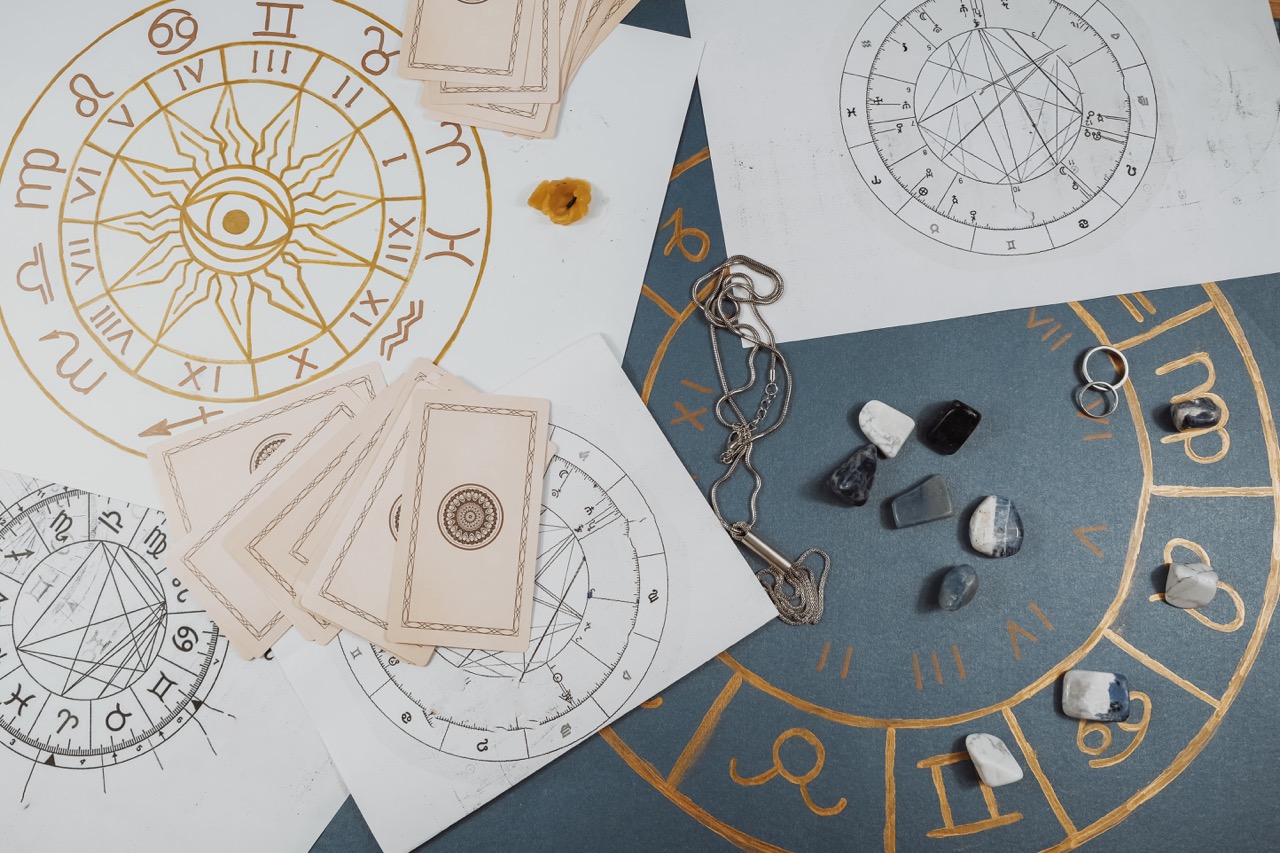In the annals of history, few figures capture the imagination quite like William Lilly, the 17th-century astrologer who wielded the stars to unveil the mysteries of the future. As London’s cobbled streets stoked the flames of the Great Fire in 1666, Lilly remained a keeper of celestial wisdom, offering insights that echoed through the smoke and chaos. This article delves into the life and legacy of this enigmatic soothsayer, exploring how his astrological prowess not only forewarned of disaster but also left an indelible mark on the tapestry of time.
Celestial Whispers: The Life and Legacy of William Lilly
William Lilly was born in 1602 in Diseworth, Leicestershire, England, to a humble family whose circumstances would shape the young boy’s keen fascination with the cosmos. Early on, he exhibited a profound curiosity about the stars, leading him to explore the esoteric arts that would define much of his life. Lilly’s journey was not without challenges; he faced the tumult of the English Civil War, which would later deepen his understanding of the human condition and the role of fate in shaping lives.
As he honed his craft, Lilly emerged as a prominent astrologer, publishing several influential works that bridged the gap between astrology and the everyday lives of the people. His magnum opus, "Christian Astrology," became a cornerstone in the field, offering not only predictions but also a philosophical framework to understand the universe’s rhythms. Through his writings, Lilly educated a burgeoning society that yearned for insights amid the uncertainties of a nation in turmoil.
Lilly’s legacy is not merely confined to the predictions he made; it also encompasses his role as a pioneer in popularizing astrology in England. He transcended the limitations of his era, intertwining celestial observations with a genuine affection for humanity. Today, he stands as a symbol of the enduring quest for knowledge, a reminder that the stars, though distant, can illuminate paths through the darkest of times.
Stars Align: How Astrology Foretold the Great Fire
In the summer of 1666, as London simmered in an air of unease, William Lilly’s astrological charts revealed ominous signs that hinted at impending disaster. With a meticulous eye for celestial movements, he discerned the alignment of planets that foretold upheaval, particularly in the realm of fire and chaos. His predictions, crafted with an intricate understanding of astrological principles, paved the way for a profound realization that the heavens could indeed influence earthly affairs.
Lilly’s commentary on the planetary alignments suggested that London was vulnerable to catastrophe, specifically warning of a "great fire" that could engulf the city. While many dismissed astrology as mere superstition, Lilly’s reputation lent credibility to his forecasts. His predictions resonated through the corridors of power, reaching the ears of those who might have heeded his advice, though ultimately, the flames would sweep through the city uninvited, rendering his warnings tragically prophetic.
The Great Fire of London, which began on September 2, 1666, and raged for days, devastated much of the city, incinerating homes, churches, and livelihoods. While Lilly could not prevent this disaster, his astrological foresight served as a testament to the power of the cosmos and the importance of heeding the whispers of the universe. In retrospect, his insights became a powerful reminder that understanding celestial patterns may provide valuable foresight, even if the course of history remains unchangeable.
A Prophet in His Time: Lilly’s Insightful Predictions
In the wake of the Great Fire, the public’s perception of William Lilly underwent a transformation. No longer simply an astrologer, he was now seen as a prophet who had dared to glimpse into the future and articulate its potential tragedies. His predictions, once dismissed by skeptics, were revisited with a sense of urgency and reverence, as people sought to comprehend the calamity that had befallen them. Lilly’s reputation as an insightful observer of the stars solidified, and he became a guiding light for those grappling with the grief and loss of the disaster.
Lilly’s ability to articulate the relationship between celestial events and earthly experiences fostered a deeper connection to the cosmos among the populace. People began to realize that astrology was not just a tool for divination but a means of understanding the complex interplay between fate and free will. In a world reeling from devastation, Lilly’s insights provided solace and a framework for rebuilding, inviting individuals to see their lives as part of a broader cosmic narrative.
Despite the skepticism surrounding astrology, Lilly’s legacy was cemented by the way he harnessed the power of prediction to usher in a deeper understanding of human existence. He encouraged people to reflect on their own lives, urging them to seek meaning in adversity and recognize the beauty that can emerge from even the darkest of times. His contributions resonated far beyond the realm of astrology, illuminating the human spirit’s resilience amid calamity.
From Ashes to Inspiration: Lessons from the Fire of 1666
The ashes of the Great Fire of London served not only as a reminder of destruction but also as fertile ground for rebirth and transformation. Lilly’s predictions, while initially met with skepticism, became a beacon of hope amid the catastrophe. The fire prompted a collective introspection, compelling citizens to reassess their values, relationships, and their connection to the cosmos. Lilly’s foresight encouraged individuals to look beyond the immediate devastation and consider the broader consequences of their actions and choices.
In the aftermath, the rebuilding of London emerged as a symbol of resilience and renewal. The city, once scarred by flames, began to rise anew, incorporating lessons learned from the tragedy. Lilly’s teachings inspired a new generation of thinkers and architects, who sought to create a more harmonious relationship between humanity and the environment. This newfound awareness bridged the gap between astrology and urban planning, fostering a sense of responsibility towards both the physical and metaphysical realms.
The legacy of William Lilly thus transcended the realm of astrology, inviting society to engage with the cosmos in a more profound way. His insights encouraged a deeper connection to the natural world and a recognition of the cyclical nature of existence. As we reflect on the lessons from the fire of 1666, we are reminded that even in the face of destruction, there exists the potential for rebirth, growth, and a renewed appreciation for the intricate dance of the stars.
William Lilly’s life and predictions serve as an enduring reminder of the power of foresight and the intricate connections between the cosmos and human experience. His story illustrates that even in times of turmoil, wisdom can emerge from the ashes. The Great Fire of London, while a catastrophe, also paved the way for renewal and introspection, channeling the lessons of the past into the promise of a brighter future. As we look to the stars, may we find inspiration in Lilly’s legacy, embracing the celestial whispers that guide us through life’s unpredictable journeys.




